- Home
- slideshows
- miscellaneous
- The 13 biggest mistakes people make when buying a home, according to real-estate agents
The 13 biggest mistakes people make when buying a home, according to real-estate agents
1. Assuming every home's price is negotiable.

2. Getting distracted by the "flashy" details and ignoring the actual quality of a home.
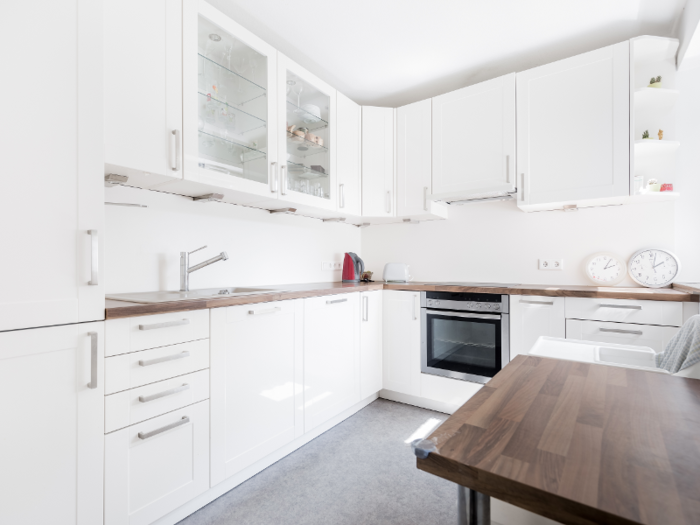
"It's important not to be seduced by the icing on the cake," Brian K. Lewis of Compass, who sells $2 million to $10 million homes in New York City, told Business Insider. "Ignore the icing and focus on the substance of a home — the quality of the construction and the level of finish."
Buyers should pay attention to the lot and/or the building and thoroughly inspect the property, he said.
"Many homes can be 'botoxed' to look pretty on the outside," Lewis said. "Focus on the bones and structure — a deep dive will reveal the truth."
David Tortolini agreed that many buyers pay too much attention to superficial factors.
"They focus too much on flashy things, like granite counters and stainless steel appliances, that often have many other problems or are in a bad location, and bypass homes that have been very well taken care of and are in a great location but aren't updated," Tortolini said.
3. Not putting down the largest down payment possible.

Alan Hedrick of Compass, who deals with homes in the $2.5 million range, said one of the biggest mistakes a home buyer can make is not putting down a large enough down payment.
"Putting a larger down payment could significantly reduce your monthly spending on your mortgage," Hedrick said. "It's okay to ask for outside help, like a gift for a down payment if it will help you obtain homeownership faster."
4. Making a lowball offer.

According to Tim Swearingen of Coldwell Banker Bain in Washington and Oregon, who works with homes priced at $1.2 million on average, one big mistake is "offending the seller with lowball offers — let the brokers gauge the clients informally with each other," he said. "We are paid to negotiate and have a fiduciary duty to our clients. Let us work."
Michael K. Davis, an agent at Compass who deals with homes at an average price of $1.6 million in New York City, said many buyers think they can simply make all-cash lowball offers and they'll be accepted.
"While cash is king, it doesn't always get deals done," Davis said.
5. Limiting your search to a specific style of home.

Dana Bartel, an agent at Compass who works in the Hamptons with homes that cost an average of $1.5 million, said too many buyers limit their focus to a certain style of house.
"A home is where you make it and if it works for your lifestyle," Bartel said. "Not necessarily what it looks like on the outside."
6. Not thinking about selling the home one day.
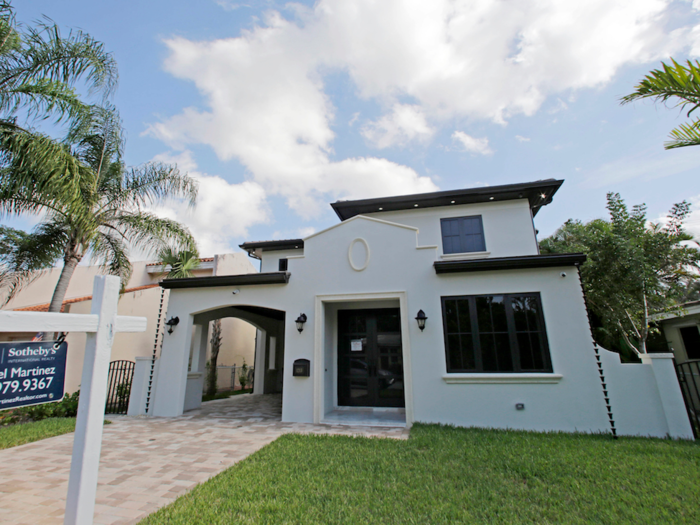
Buyers often forget that they'll most likely sell their home at some point, according to Gerard Marino, who does sales in the $300,000 to $500,000 range in southwest Florida.
"They forget that eventually they will need to sell," Marino said. "Most everything can be fixed but location, location, location can't be fixed. Buy location, NOT price. "
7. Trying to buy without a broker.
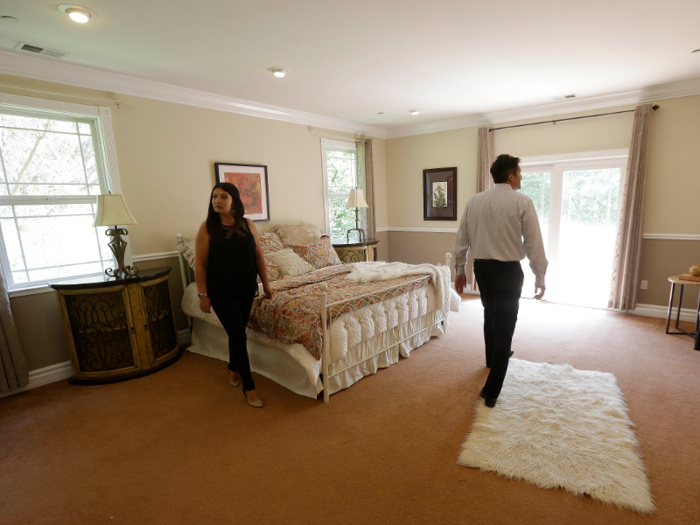
Gill Chowdhury of Warburg Realty, who sells homes for an average of $2 million in Manhattan, says one major mistake is when a buyer tries to buy a home directly without a broker.
"I don't care how good you are at math, how crazy your excel skills are, there are too many intangibles that you won't be able to calculate for and you'll make a mistake," Chowdhury said. "For what? The theoretical savings of 1% or 2%. You're kidding yourself."
Buyers are "leaving money on the table" if they don't let a good broker represent them, says Martin Eiden, who sells homes in Manhattan and Brooklyn for between $700,000 and $7 million.
"Buyers who come direct, without a broker, always overpay," Eiden said.
8. Overlooking important details like the condition of the roof or hot water tank.

"Buyers go with what they feel and many times ignore the 'important' details in a home such as: is the electric up to code? If it isn't, not only is it a fire hazard, but it is costly to update," Noemi Bitterman of Warburg Realty, who deals with homes in Manhattan and Brooklyn with prices between $500,000 and $1.75 million, told Business Insider.
Other important considerations include the condition of the roof, the hot water tank, and the boiler, Bitterman said.
9. Passing on a great home early in the search because you think you'll find something better.
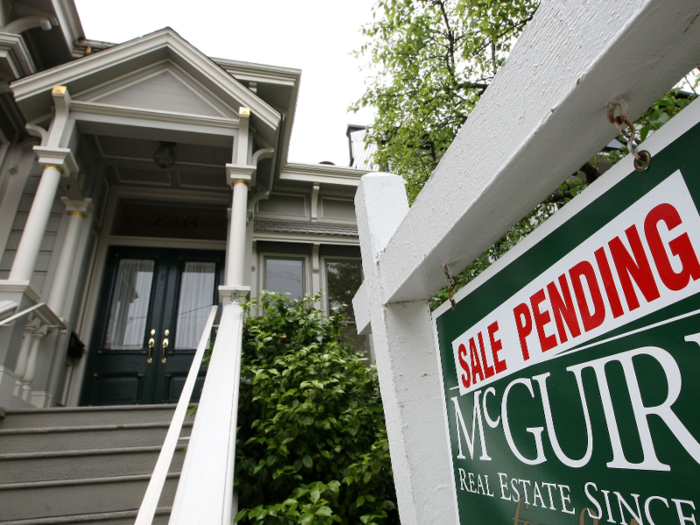
"Some clients pass over ideal properties early on in the search in the hope that they'll find something better," Lisa Camillieri of Warburg, who sells homes in Manhattan and Brooklyn in the $400,000 to $1.2 million range, said. "This strategy almost never works."
Butch Haze, who sells homes between $3 million and $10 million in the San Francisco area, said many first-time buyers see the best home first.
"They will pass it up because they saw it too early in their search process and they will spend years looking for that one perfect house they wish they made the offer on," Haze said. "Now the market has moved on them and they are paying more for less which no one likes to do."
Buyers should trust their instincts, even if they find something they love right off the bat, he said.
"Love is hard to find and should be cherished when it happens," Haze said.
10. Not seeing the true potential of a home.
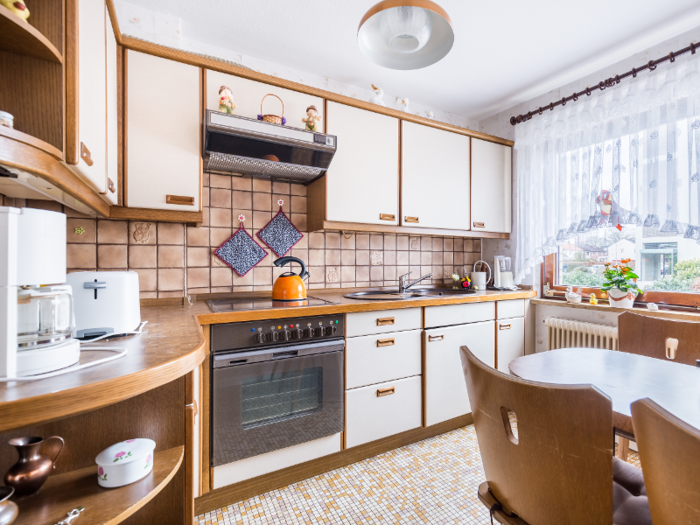
Marilyn Blume of Warburg Realty, who sells $2 million to $3 million homes in New York City, said many buyers don't look at the "bones and potential" of a home and instead get "distracted by something immaterial such as bright red walls or ugly kitchen cabinets."
11. Holding out for the "perfect" home.
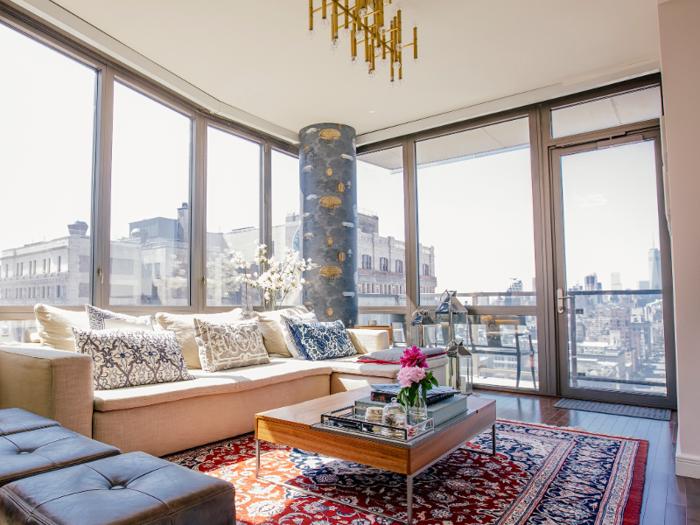
"At least in NYC, waiting too long to move forward on an apartment they love" is a big mistake, said Michael Bello of REAL New York, who does $5,000-per-month on average rentals in the city.
"The 'perfect apartment' doesn't exist here," Bello said. "If you find a place that checks seven of the 10 boxes you're looking for, you should take it. 'I love it, but I'm going to keep looking' = you're going to lose out on the apartment you love and then regret delaying later on."
12. Focusing too much on online listings.

Another common mistake is becoming obsessed with "that 'one listing' they found on the internet," Scot Dalbery of REAL New York, who deals with rental properties in New York City that are $4,000 a month on average, told Business Insider.
"So many clients are adamant about only seeing the one listing they found online in their own research, that they don't realize there are other, often better, options out there," Dalbery said, adding that online listings often portray an artificial picture of a home.
"So people often become disappointed when finally seeing that dream listing in-person and become discouraged," he said. "That's where I step in to ensure them that we will find something even better as long as they trust me to take the reins."
13. Buying a home you're hesitant about.
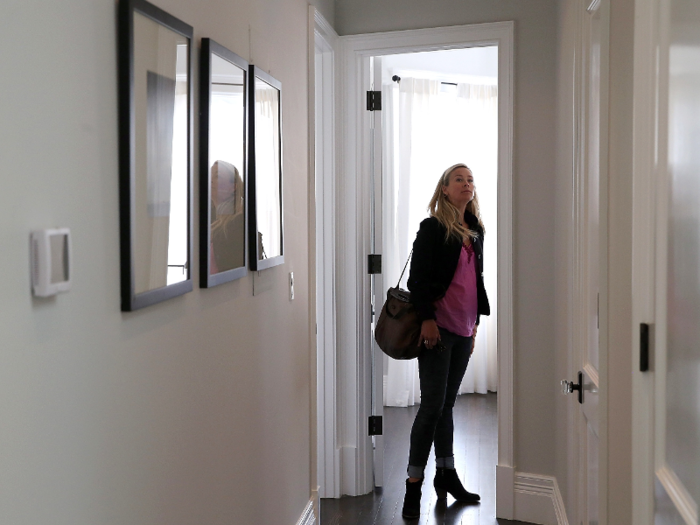
Robin Kencel of The Robin Kencel Group at Compass in Connecticut, who sells homes between $500,000 and $28 million, said one mistake often emerges over time, after a buyer has been living in the home.
"Overall, I would say, if you have any doubts, second guesses or are spending more time worrying about some aspect of the purchase, rather than being excited about it, then it's not the right home for you and it's probably best to walk away from it," Kencel said. "If I sense any of these things from my buyers, I have a heart to heart with them to make sure that they are wholly confident in their decision."
Popular Right Now
Popular Keywords
Advertisement